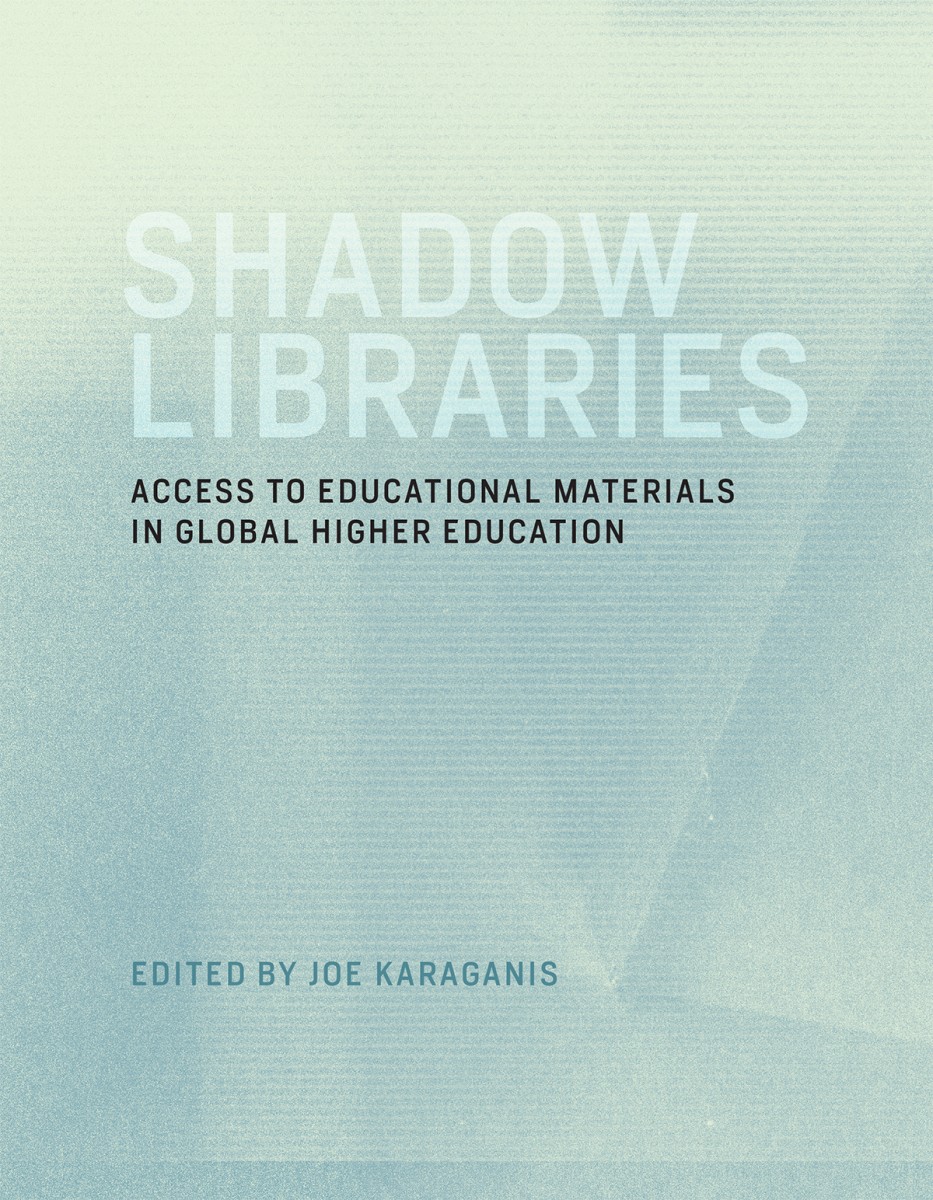D. Fox Harrell: Phantasmal Media: An Approach to Imagination, Computation, and Expression (2013)
Filed under book | Tags: · agency, artificial intelligence, cognition, computation, computing, epistemology, ethnicity, imagination, interface, meaning, media, metaphor, narrative, new media art, poetics, power, race, self, semiotics, subjectivity, technology, theory, video games

“An argument that great expressive power of computational media arises from the construction of phantasms—blends of cultural ideas and sensory imagination.
In Phantasmal Media, D. Fox Harrell considers the expressive power of computational media. He argues, forcefully and persuasively, that the great expressive potential of computational media comes from the ability to construct and reveal phantasms—blends of cultural ideas and sensory imagination. These ubiquitous and often-unseen phantasms—cognitive phenomena that include sense of self, metaphors, social categories, narrative, and poetic thinking—influence almost all our everyday experiences. Harrell offers an approach for understanding and designing computational systems that have the power to evoke these phantasms, paying special attention to the exposure of oppressive phantasms and the creation of empowering ones. He argues for the importance of cultural content, diverse worldviews, and social values in computing. The expressive power of phantasms is not purely aesthetic, he contends; phantasmal media can express and construct the types of meaning central to the human condition.
Harrell discusses, among other topics, the phantasm as an orienting perspective for developers; expressive epistemologies, or data structures based on subjective human worldviews; morphic semiotics (building on the computer scientist Joseph Goguen’s theory of algebraic semiotics); cultural phantasms that influence consensus and reveal other perspectives; computing systems based on cultural models; interaction and expression; and the ways that real-world information is mapped onto, and instantiated by, computational data structures.
The concept of phantasmal media, Harrell argues, offers new possibilities for using the computer to understand and improve the human condition through the human capacity to imagine.”
Publisher MIT Press, 2013
ISBN 9780262019330, 0262019337
xix+420 pages
Reviews: John Harwood (Artforum, 2014), Brian Reffin Smith (Leonardo, 2015).
Comment (0)Joe Karaganis (ed.): Shadow Libraries: Access to Knowledge in Global Higher Education (2018)
Filed under book | Tags: · copyright, digital library, knowledge, library, open access, piracy, publishing, shadow library

“Examining the new ecosystems of access that are emerging in middle- and low-income countries as opportunities for higher education expand but funding for materials shrinks.
Even as middle- and low-income countries expand their higher education systems, their governments are retreating from responsibility for funding and managing this expansion. The public provision of educational materials in these contexts is rare; instead, libraries, faculty, and students are on their own to get what they need. Shadow Libraries explores the new ecosystem of access, charting the flow of educational and research materials from authors to publishers to libraries to students, and from comparatively rich universities to poorer ones. In countries from Russia to Brazil, the weakness of formal models of access was countered by the growth of informal ones. By the early 2000s, the principal form of access to materials was informal copying and sharing. Since then, such unauthorized archives as Libgen, Gigapedia, and Sci-Hub have become global “shadow libraries,” with massive aggregations of downloadable scholarly materials.
The chapters consider experiments with access in a range of middle- and low-income countries, describing, among other things, the Russian samizdat tradition and the connection of illicit copying to resistance to oppression; BiblioFyL, an online archive built by students at the University of Buenos Aires; education policy and the daily practices of students in post-Apartheid South Africa; the politics of access in India; and copy culture in Brazil.”
Contributors: Balázs Bodó, Laura Czerniewicz, Miroslaw Filiciak, Mariana Fossatti, Jorge Gemetto, Eve Gray, Evelin Heidel, Joe Karaganis, Lawrence Liang, Pedro Mizukami, Jhessica Reia, Alek Tarkowski
Publisher MIT Press, Cambridge/MA; International Development Research Centre, Ottawa; and The American Assembly at Columbia University, New York, 2018
Creative Commons Attribution-NonCommercial 4.0 International License
ISBN 9780262535014, 0262535017
313 pages
PDF, PDF (8 MB)
EPUB (added on 2018-5-31)
HTML (added on 2018-9-23)
See also Media Piracy in Emerging Economies, 2011.
Comment (0)Helen Hester: Xenofeminism (2018–) [EN, ES]
Filed under book | Tags: · accelerationism, automation, cyberfeminism, feminism, futurity, gender, materialism, neorationalism, posthumanism, reproduction, technology, women, xenofeminism

“In an era of accelerating technology and increasing complexity, how should we reimagine the emancipatory potential of feminism? How should gender politics be reconfigured in a world being transformed by automation, globalization and the digital revolution?
These questions are addressed in this bold new book by Helen Hester, a founding member of the ‘Laboria Cuboniks’ collective that developed the acclaimed manifesto ‘Xenofeminism: A Politics for Alienation’. Hester develops a three-part definition of xenofeminism grounded in the ideas of technomaterialism, anti-naturalism, and gender abolitionism. She elaborates these ideas in relation to assistive reproductive technologies and interrogates the relationship between reproduction and futurity, while steering clear of a problematic anti-natalism. Finally, she examines what xenofeminist technologies might look like in practice, using the history of one specific device to argue for a future-oriented gender politics that can facilitate alternative models of reproduction.
Challenging and iconoclastic, this visionary book is the essential guide to one of the most exciting intellectual trends in contemporary feminism.”
Publisher Polity Press, 2018
Theory Redux series
ISBN 1509520627, 9781509520626
v+169 pages
via calamitousannunciation
Reviews: Emma Rees (Times Higher Education, 2018), Rhian E. Jones (New Humanist, 2018), Mareile Pfannebecker (LSE Review of Books, 2018), Peter Heft (The Mantle, 2018), Diana Young (Kontradikce, 2019), Dharmender Dhillon (Philosophy Now, 2020), Alison MacKenzie (Postdigital Science and Education, 2021).
English: HTML (added on 2018-6-1), PDF (4 MB)
Spanish: PDF (trans. Hugo Salas, 2018, added on 2021-1-22)

